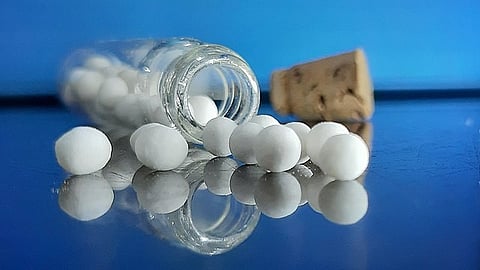Homeopathy was discovered by Dr. Samuel Christian Friedrich Hahnemann in the year 1796. It is based on the theory of like cures like. This means that a disease can be cured by a medicine that produces similar symptoms in healthy people. Homeopathy also supports the law of minimum dose, wherein as homeopathic medicines are diluted to lower doses, the effectiveness of the medicine increases. The treatments are individualized for patients, which means that for each person, the medicine differs even though the disease diagnosis remains the same.
While homeopathy has existed for over 200 years now, it has always remained a controversial topic in the field of medicine. While a section of society supports the positive effects of homeopathy, the conventional system of medicine considers it to be unconvincing and pseudoscientific. They are of the opinion that the effects of homeopathic medicines are no less than a placebo. In this article, we will try to bust a few common misconceptions about homeopathy.
There was a public uproar in 2005 when the Lancet journal published a study that included a comparison of 110 homeopathy trials and 110 conventional trials and concluded that the clinical effects of homeopathy medicines are placebo effects. Despite this, in India, there is strong advocacy for alternative systems of medicine, and homeopathy is one of those. Experts who follow this system of medicine find the publications of such studies as an attempt to thwart the growing popularity of alternative medicine. They opine that doctors from the conventional system of medicine should think about the failings of the modern system of medicine to address patients' need for personalized care instead of complaining about homeopathy’s lack of benefit.


